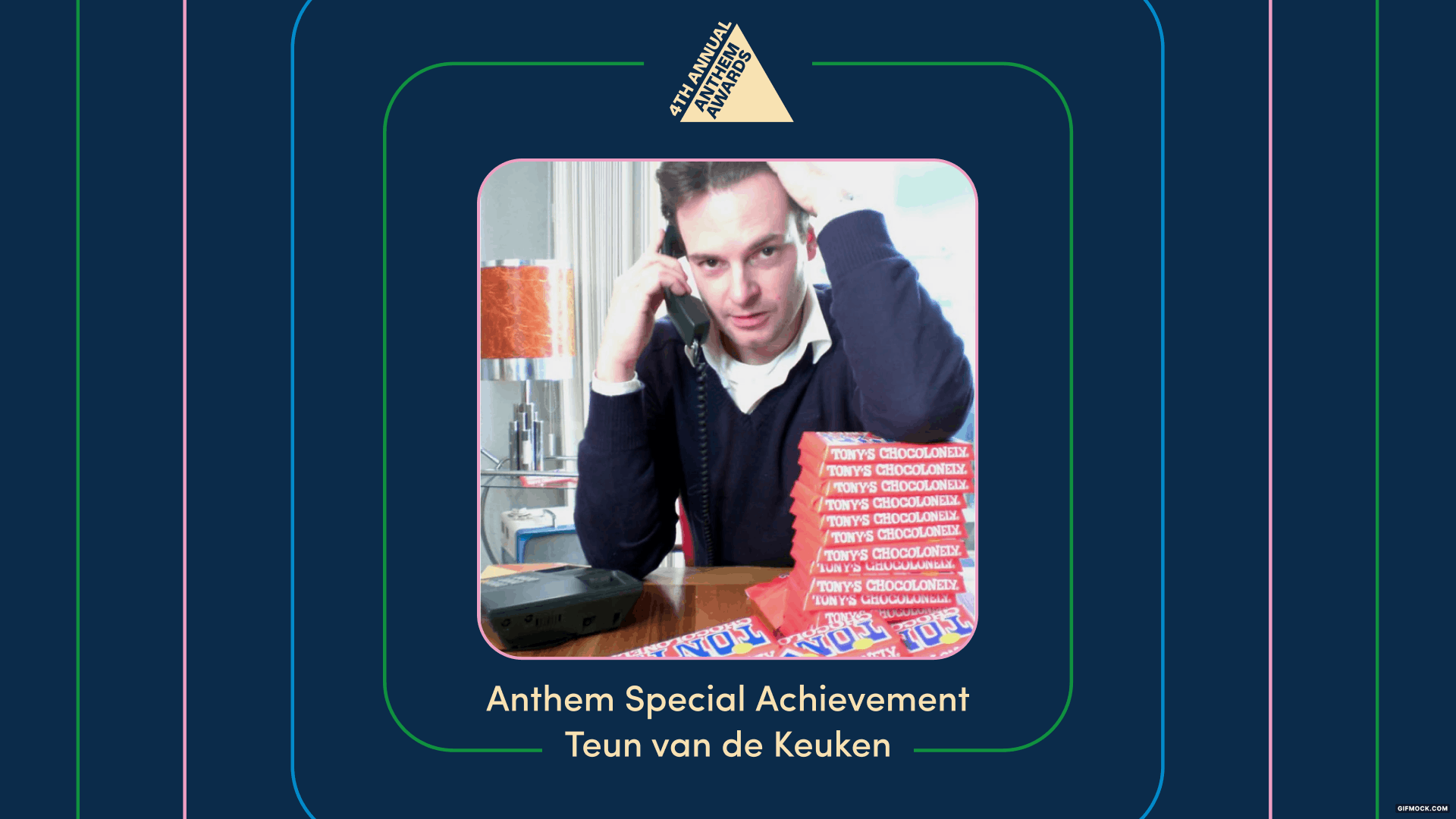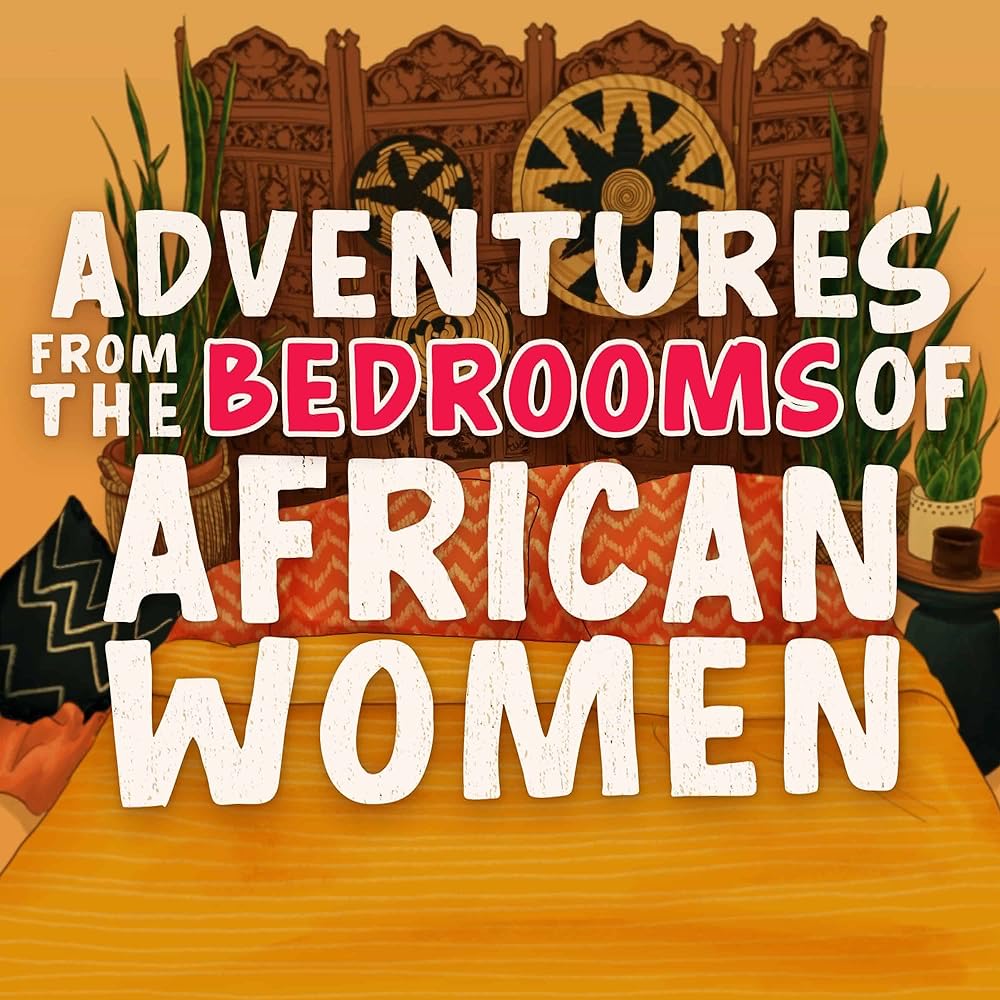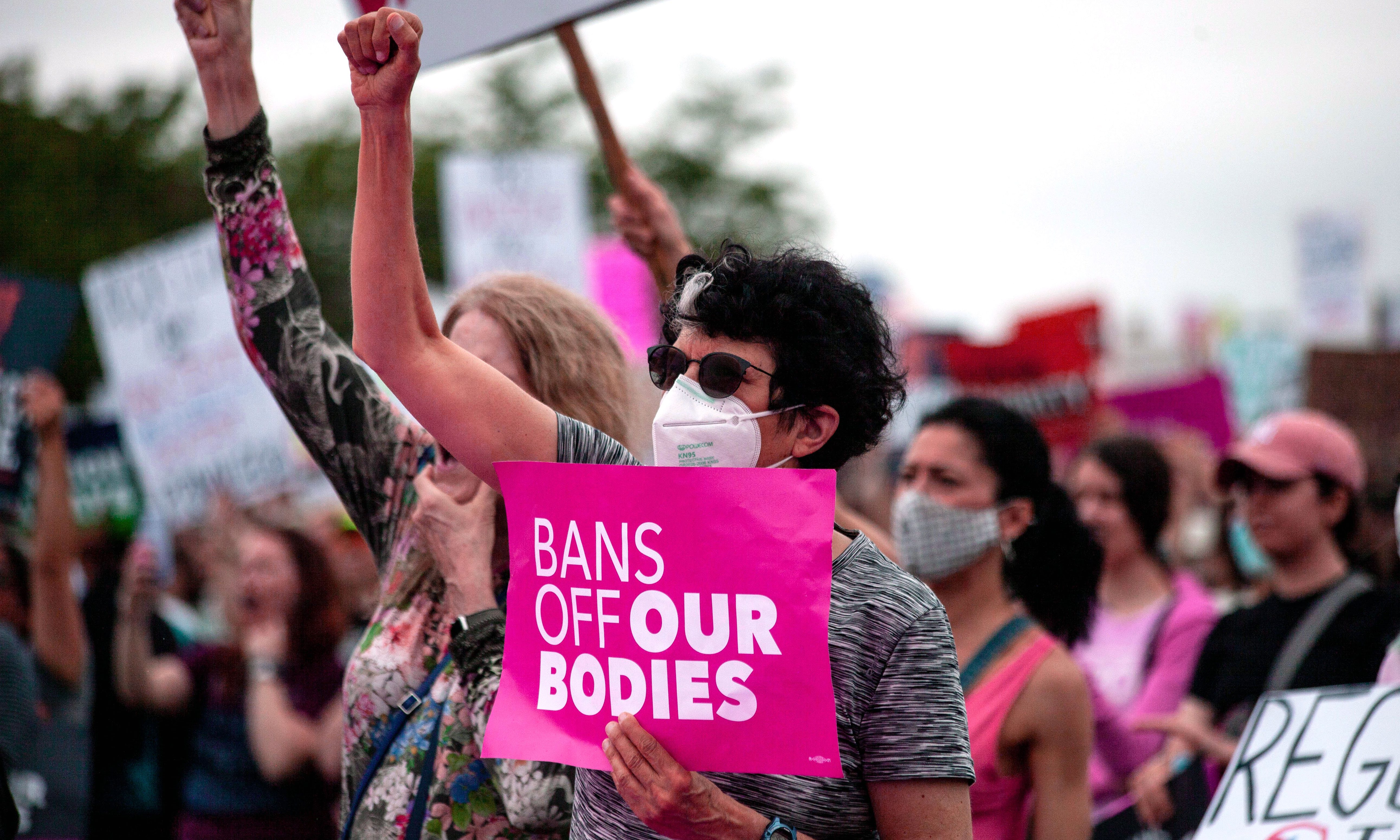How The Nocturnists are Dismantling Shame in Medicine
We spoke with them about the steps they took to ignite a conversation long overdue for health practitioners across the world.
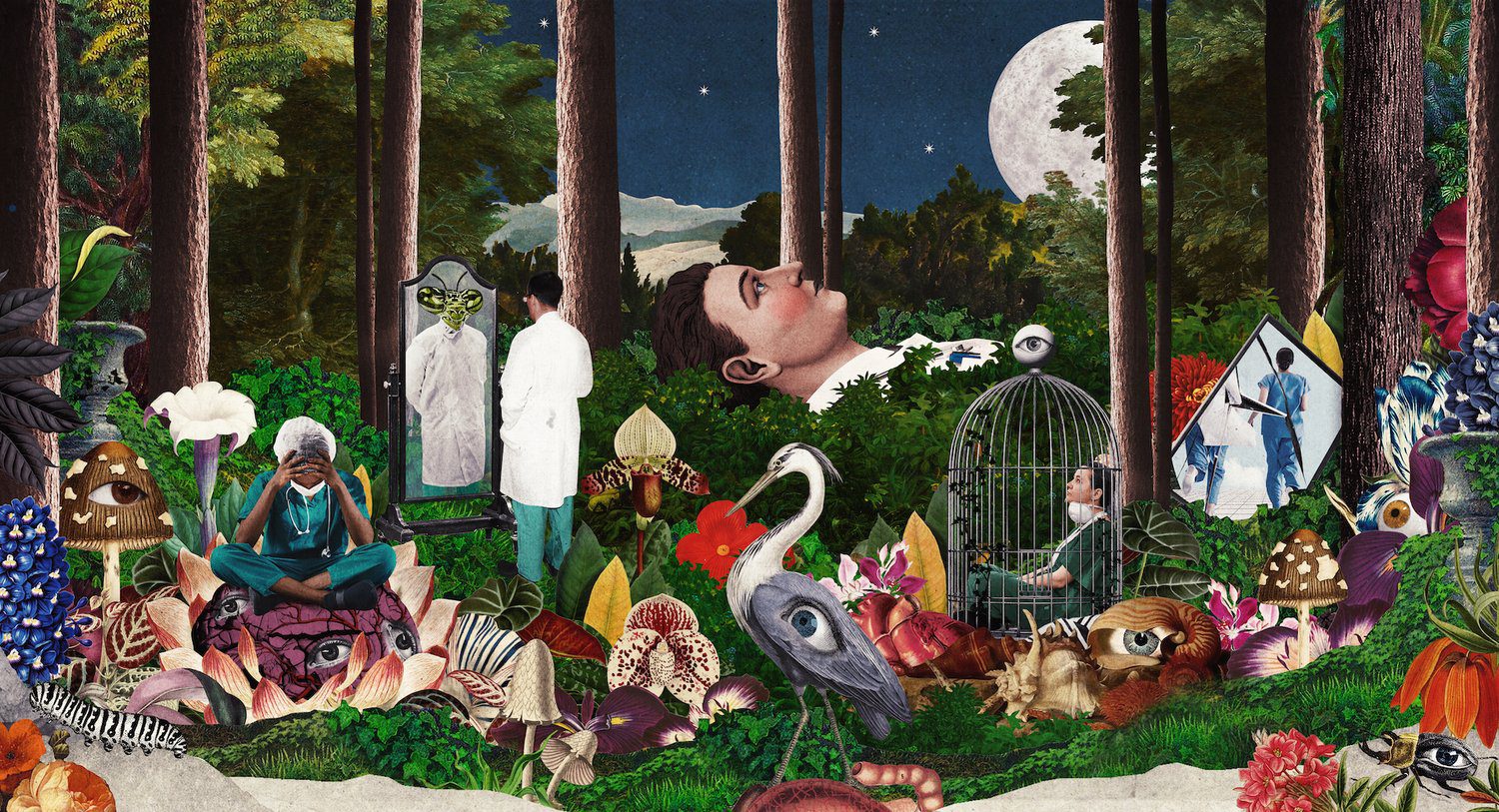
How do we care for those in healthcare? In the wake of the COVID-19 pandemic, we’ve grown more mindful of what happens when practitioners and providers aren’t given the right resources they need. But key issues, like shame, continue to persist due to the high-demand nature of the medical industry—which leads to burnout and poor health outcomes.
The Nocturnists, a community of healthcare workers who embrace humanity through storytelling, set out to address this with their podcast “Shame in Medicine: The Lost Forest.” In each episode, host and founder of The Nocturnists, Dr. Emily Silverman, highlights stories of clinicians encountering shame to help practitioners heal in community. She also speaks with shame scholars to help listeners find the correct language to express their experiences.
This enlightening project was honored with a Gold Anthem Award for Community Engagement at the 2nd Annual Anthem Awards. We spoke with them about their work in addressing shame and what it took to produce their winning project.
To amplify your advocacy on a global stage alongside leaders like The Nocturnists, enter the 3rd Annual Anthem Awards by the Extended Deadline this Friday, October 13th!
For those who are unfamiliar, please tell us a bit about The Nocturnists and the work that you do.
The Nocturnists is a medical storytelling live show and podcast, founded by Bay Area physician Emily Silverman MD. Since 2016, we’ve lifted the voices of hundreds of medical professionals through our sold-out live performances and award-winning podcast. Our goal is to humanize healthcare through storytelling.
What inspired Shame in Medicine: The Lost Forest? What was the goal driving the podcast?
Emily received an email from a philosopher in the UK, Luna Dolezal, who studies shame in medicine. Luna had been listening to the podcast for a while and noticed that the theme of “shame” came up again and again in the clinician stories, so suggested a partnership to focus on shame exclusively. Our goal was to define shame for our audience, develop a shared vocabulary about what shame is and how it works, and offer a container where people could put their shame experiences. Lastly, we hope the series sparked important conversations about medical culture, and how we might design a better future for clinicians and patients alike.
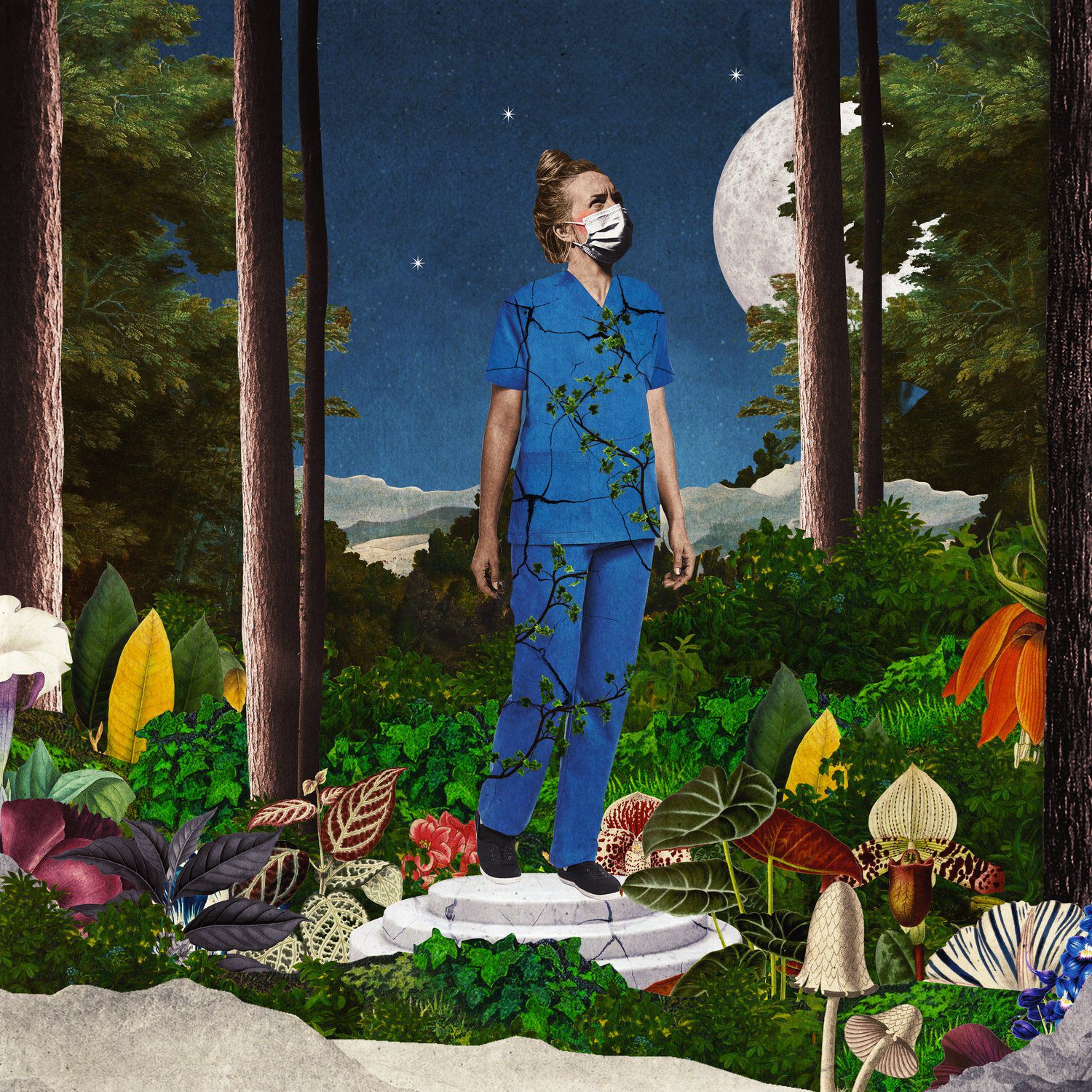
“Until We Meet Again.” Season 1, Episode 10 of “The Lost Forest”
Art Credit: Beppe Conti
This year, The Anthem Awards is putting a spotlight on how change is a chain reaction. What intersecting areas does the podcast speak to and address?
We’ve received so many positive messages from our audience about how the series normalized their experiences. Many of them shared the episodes with peers and learners. In some cases, the episodes were used as part of a formal wellbeing curriculum for medical professionals. We’ve also heard feedback from non-clinician listeners that these stories help them understand their encounters with the healthcare system, and why doctors may not be as present as patients would like them to be.
As impact work is to continue building off the overall community’s efforts, what projects or initiatives inspired Shame in Medicine: The Lost Forest?
The shame series was the latest of several series we did during the COVID times, including audio diaries about the pandemic, and a series called Black Voices in Healthcare.
What insights have you gained while tackling systemic shame in medicine from your scope of work that other actors in this space should make note of?
Our team learned so much from our collaborators, Luna Dolezal and Will Bynum. Both are shame experts and shame scholars, who helped us understand the phenomenology of shame, but also the way it works in concert with culture to create dynamic experiences that can change over time. Listening to the series, it’s hard not to imagine parallel series in other service professions: education and law enforcement, for example.
The Nocturnists on the podcast’s role in addressing shame in medicine:
"We hope this series serves as a cultural touchstone in medicine—a place people can return to, again and again, to remember that belonging and togetherness is possible in medicine."
What obstacles did you face while developing the podcast and how did you overcome them?
The stories were incredibly sensitive, so we had many conversations as a team about how to handle them responsibly and with care. One of the things we’re most proud of at The Nocturnists is how our creative work is a dialogue—we’re always in contact with our contributors and cultivating a sense of community and togetherness, even when people are spread out throughout the country, or in this case, the world.
What hopes do you have for the future of this issue? What work is left to do to address shame in medicine following up on the podcast?
We hope this series serves as a cultural touchstone in medicine—a place people can return to, again and again, to remember that belonging and togetherness is possible in medicine, if we create the culture we want to inhabit. The process of change will be slow but steady.
How has your larger work evolved through this project?
This was the first audio series that came along with an “impact campaign,” with additional learning/educational materials. That was a really exciting step toward our goal of social impact, in addition to art for art’s sake.
Are there any upcoming initiatives or projects that we should keep an eye out for?
Yes! We are launching a new series called “Post-Roe America,” which documents the impact of the Dobbs decision on the American healthcare workforce. We encourage you to tune in!
What does receiving an Anthem Award mean to you?
We were incredibly honored to receive an Anthem Award. Gaining recognition for hard work always feels really good as a creative team, and we’re thrilled to be in such great company, alongside the incredible list of changemakers you’ve accrued through your program. Thank you so much for including us.
This week is your final chance to enter the 3rd Annual Anthem Awards! To champion your cause and advocacy on a global stage, submit your initiatives before this Friday, October 13th!




